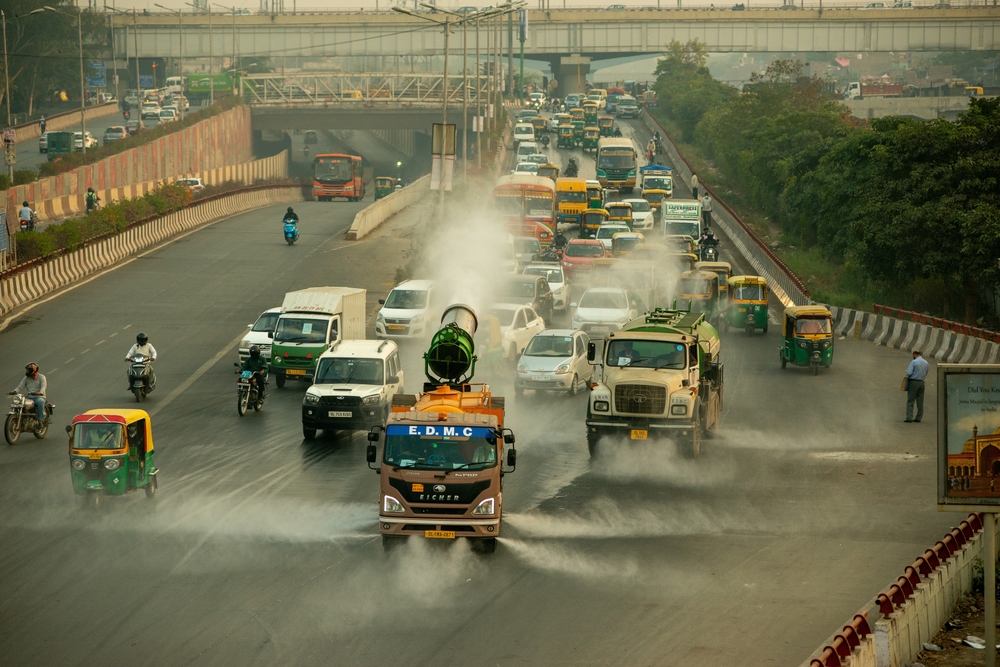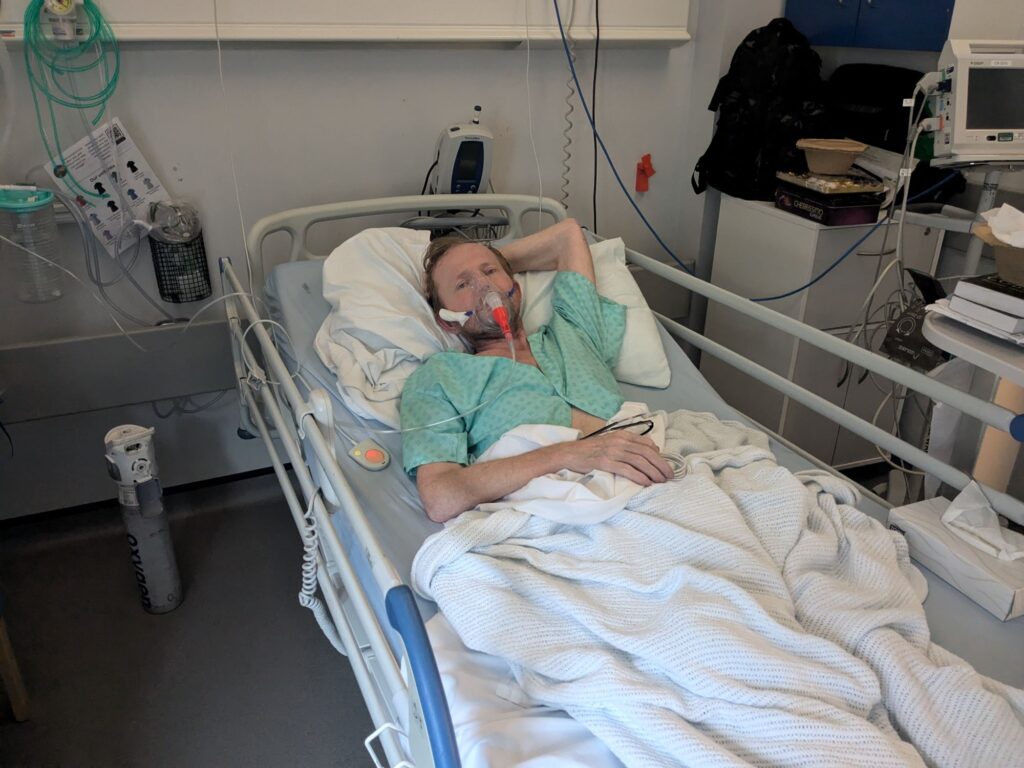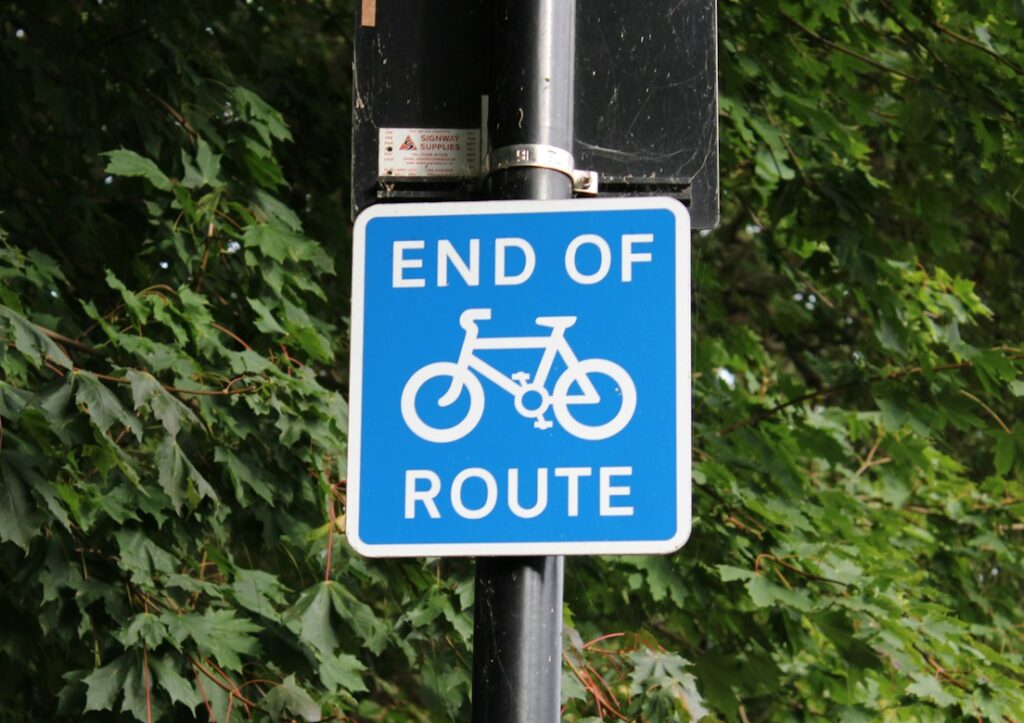The Royal College of Paediatrics and Child Health (RCPCH) has released a new report, Clean Air, Healthy Childhoods: Innovative Clinical Responses to Environmental Health Inequalities, highlighting the serious health impacts of poor air quality and substandard housing on children across the UK.
It reveals that 1.5 million children in England live in unsafe homes, with conditions such as damp, mould and poor ventilation contributing to asthma, respiratory infections and chronic illness. These issues are compounded by poverty and overcrowding, further deepening existing health inequalities.
The report focusses on the work of the Clean Air Clinics at Alder Hey Children’s Hospital in Liverpool and the Royal London Hospital in Tower Hamlets. Both cities face air quality issues, with roadside air pollution in Liverpool estimated to reduce children’s lung growth, while in London, around 700,000 children live in relative poverty, putting them at greater risk from environmental health hazards.
These two clinics integrate environmental health into paediatric care, working with families, housing teams, and local authorities to reduce children’s exposure to harmful conditions. Their efforts have led to emergency repairs, family rehousing, and measurable improvements in children’s health outcomes.
In the conclusion of the report it is stated that: ‘This report originally set out to evaluate the scalability of novel Clean Air Clinics, however through conducting interviews with Clean Air Clinic clinicians and children and young people, as well as gathering data from wider healthcare professionals, it became clear there are several persistent challenges children and young people are facing.
‘The consistent message is that air pollution is a significant threat to child health and wellbeing, on which healthcare professionals can have a positive and lasting influence.’
The report also concludes that, for a number of reasons (funding, staffing etc) it would not be feasible to roll Clean Air Clinics out across the country, so makes a number of recommendations to improve the current situation.
The report calls for a Clean Air Act with binding targets based on the latest health and environmental evidence, and to commit to meeting the 2005 WHO air quality guidelines for PM2.5 by 2030, while also developing strategies aligned with the stricter 2021 guidelines.
It recommends nationwide monitoring of outdoor air pollution around schools and empowering local authorities to take immediate action such as closing or rerouting roads when pollution levels become dangerous.
The report also calls for an expansion of Awaab’s Law to protect private renters across the UK and for long-term funding to support local councils in tackling air pollution and enforcing housing regulations. A proposed Young Patients Family Fund would help families meet the costs of healthcare access, particularly in England, with a suggestion to expand Scotland’s existing fund to include outpatient care.
Local authorities and housing teams are urged to uphold legal responsibilities to maintain safe living conditions, particularly in cases flagged by healthcare workers. This includes proactive inspections and ensuring that insulation upgrades meet minimum ventilation standards. Strengthening collaboration between housing and health services is essential for timely responses to environmental health risks.
Healthcare boards, trusts, and integrated care systems are advised to support clinicians in identifying and addressing environmental health issues within routine care. This includes funding for clinics, promoting collaboration between specialist and local centres, appointing leads for environmental health, and engaging children and families in service design and improvement.
Royal Colleges and medical schools should integrate environmental health into training, exams, and continuing education, equipping clinicians with the knowledge to respond to air pollution-related illness. Clinicians themselves are encouraged to complete training, document their understanding, and take environmental and social histories during consultations, using tools and advocacy resources to help families live in healthier environments.
RCPCH Officer for Climate Change, Dr Helena Clements, said: ‘Air pollution, in combination with poor-quality housing are major, avoidable drivers of poor health among children and young people, especially in deprived communities. As a paediatrician, I know how these conditions can have devastating long-term consequences. Children and families are living in environments which are actively making their health worse, increasing pressure on already strained clinicians and health services.
‘Clean Air Clinics show what is possible when healthcare joins forces with housing and environmental services. These clinics are securing safer housing, reducing exposure to pollution, and helping children breathe more easily but they are not yet part of routine care. Bridging this gap requires political will and investment beyond the clinics. Without NHS support and stronger government action on housing and air quality, many families will remain without the help they need. To build a healthier future for children, we need urgent, collaborative action across housing, health and environmental policy.’
The full report can be read here.
Photo: Peter Lam CH


















Leave a Reply